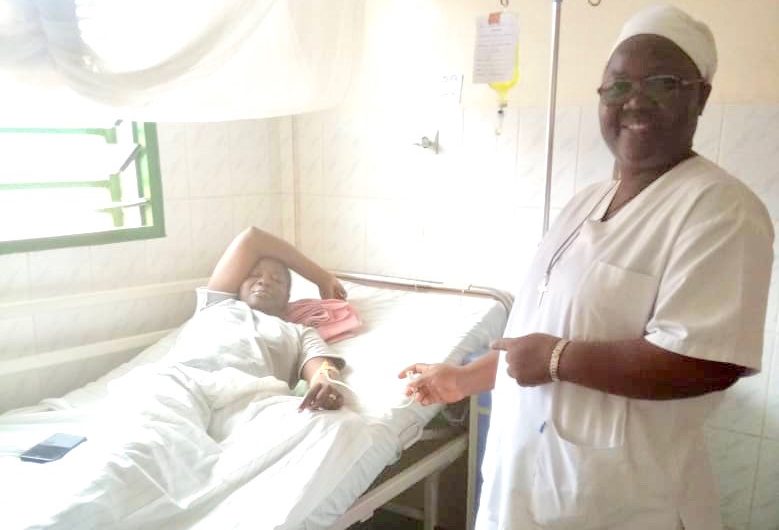February 11: World Day of the Sick
Bulletin for the week of February 11, 2024, 6th Sunday B
One thing is clear: for Jesus, no one should be excluded, not even lepers. Jesus received them with “compassion.” The short text from the Gospel of Saint Mark moves us. In Jesus’s time, leprosy was considered an impure disease that forced people away from the Church and all contact with the community.
Jesus touched the leper and purified him. Through Jesus’s response to the leper’s prayer, this man represents the manifestation of God’s love.
This Sunday is World Day of the Sick. We might have some family or neighbours that are sick. Let us look at how we behave toward them. We all just experienced the COVID-19 pandemic, and we, of course, needed to stay away from people with the virus. But there are other sicknesses, sicknesses that require us to be patient and gentle and to act with compassion.
For Jesus, no one is excluded, not even lepers. Let us think about that, without blaming ourselves: “Moved with compassion, Jesus reached out and touched him. ‘I am willing,’ he said. ‘Be healed!’ ” This is an example of putting the mission into practice: touching a leper, healing him, looking upon him with compassion. I think compassion was Saint Marguerite Bourgeoys’s favourite quality: the word’s etymology comes from the Latin for “with passion.” That says everything there is to say: we should not act to rid ourselves of the sick but with passion.
If we want to be like God, we must not exclude anyone from our heart. There is physical sickness, but there are also hidden illnesses that eat away at the heart and soul. They are often harder to heal. Our compassion and fervent prayer can heal this type of sickness. And, in this way, we can be like God who never excludes anyone and was even able to develop a very sick person’s capacity to love.
“If we know sick people, we should propose the sacrament of the Anointing of the Sick. Contrary to popular belief, this sacrament is not for the dying but for those who are seriously ill.” Liturgical life.
To the dear sick of this parish, I want to say: we need you, the Church needs you. We need you to remind us that frailness, age and sickness are a core part of human existence, and we cannot endure them alone. Jesus said: “I am with you always, to the very end of the age” to help you bear the crosses that are sometimes heavy. We are praying for you. We love you, even though we can’t say it often. You are models of faith and hope. Thank you.
